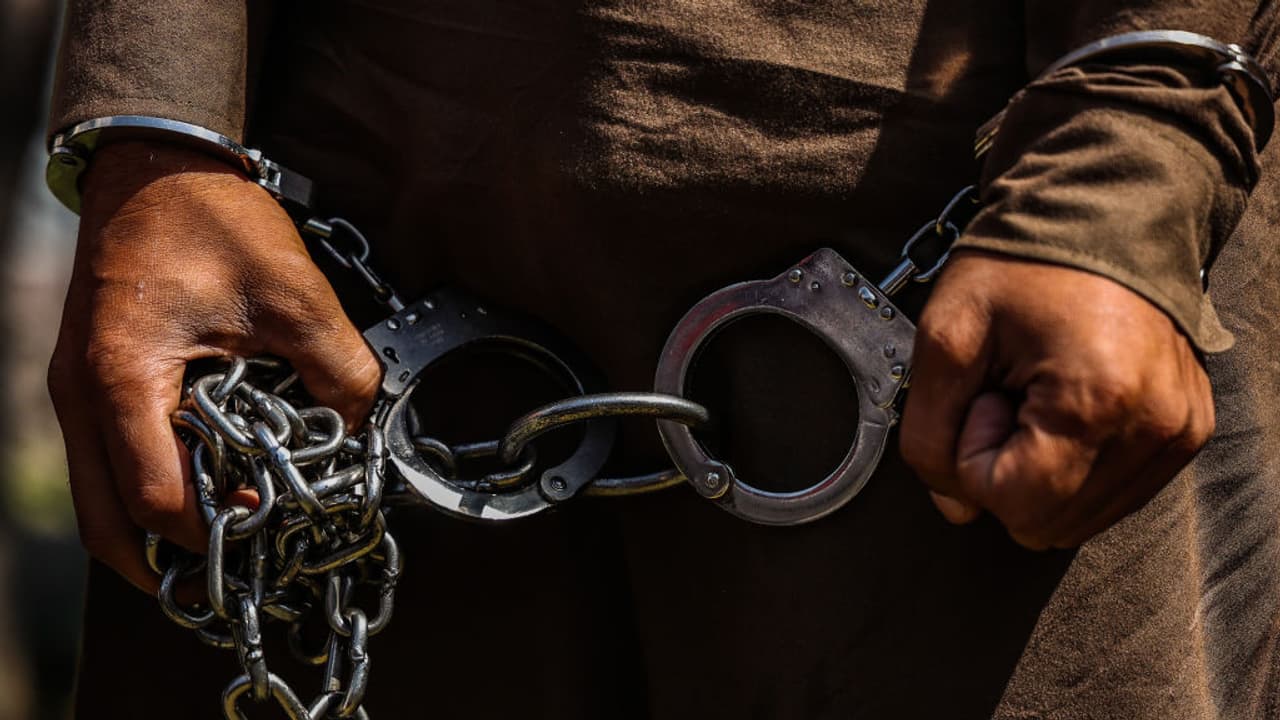Sonam Wangchuk was arrested under the National Security Act, which allows preventive detention up to 12 months. Past notable detainees include journalist Kishore Wangkhem, doctor Kafeel Khan, and religious leader Tauqeer Raza.
Bengaluru: Sonam Wangchuk, the prominent Ladakhi educationist, innovator, and climate activist, was taken into custody on September 26, 2025, under the National Security Act (NSA) following violent protests in Leh. The demonstrations, which called for statehood and constitutional safeguards for Ladakh, resulted in four fatalities and several injuries, escalating tensions in the region. Wangchuk, who had been spearheading peaceful advocacy for the Sixth Schedule protections, was accused by authorities of inciting unrest through his public addresses. Following the protests, Wangchuk was initially detained in Leh and later transferred to Jodhpur Central Jail in Rajasthan, more than 1,000 kilometers away from his home. Officials cited the move as necessary to prevent further unrest. In addition to his arrest, the government suspended the Foreign Contribution Regulation Act (FCRA) registration of Wangchuk’s NGO, the Students’ Educational and Cultural Movement of Ladakh (SECMOL), alleging irregularities in the utilization of foreign funds.
What Is the National Security Act?
The NSA, introduced in India in 1980, allows preventive detention of individuals to maintain public order and national security. Under this law, the government can detain a person for up to 12 months without formal charges if their actions are considered threatening to India’s safety or its relations with foreign countries. While the NSA is intended to prevent serious threats, it has faced criticism for enabling detention without trial, raising concerns about potential misuse against dissenting voices. Under the NSA, Wangchuk has the right to challenge his detention by submitting a representation to the government, which must be reviewed by an Advisory Board. If the Board finds insufficient grounds for detention, he must be released immediately.
Several personalities have been booked under this act in the past. Journalist Kishore Chandra Wangkhem from Manipur faced NSA detention twice, for 2018 and again in 2021, for his social media posts critical of government policies and political leaders. In 2018, he was held for a year for satirical posts targeting the ruling party; in 2021, he was re-arrested for similar reasons. His case raised significant concerns regarding press freedom in the region. Uttar Pradesh-based doctor Kafeel Khan was detained under the NSA in December 2019 for allegedly delivering an inflammatory speech during protests against the Citizenship Amendment Act (CAA). He was released in September 2020 after the Allahabad High Court dismissed all charges, stating that his speech did not threaten national security and had promoted unity. Religious leader Moulana Tauqeer Raza from Bareilly in Uttar Pradesh, was booked under the NSA after communal violence erupted in the region. The unrest led to approximately 10 cases with nearly 2,000 individuals accused. Authorities imposed curfews and internet restrictions to restore order. Raza was specifically named in seven cases for allegedly instigating the local Muslim community through inflammatory speeches.
